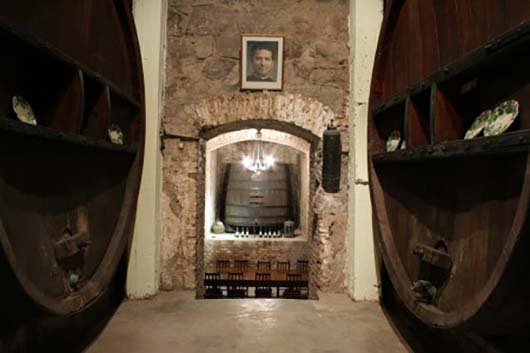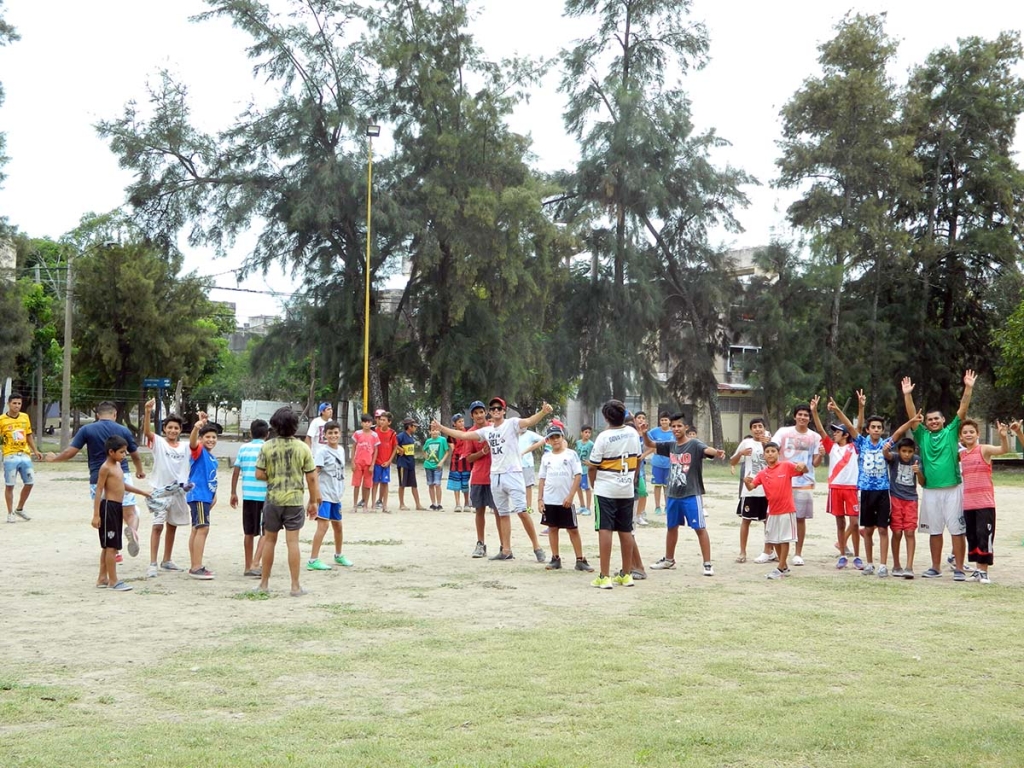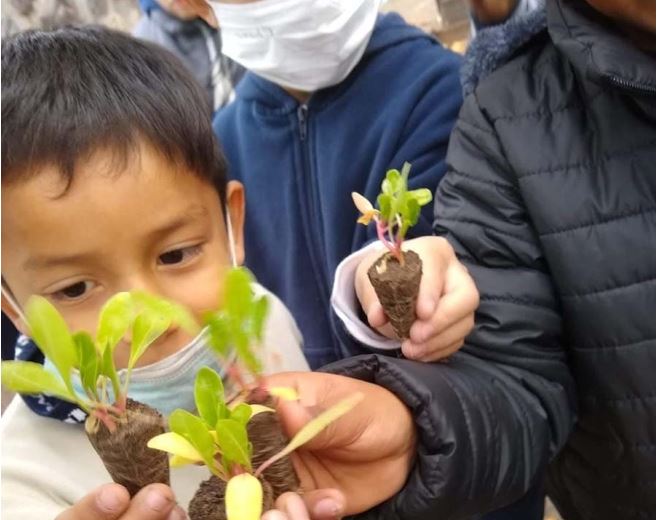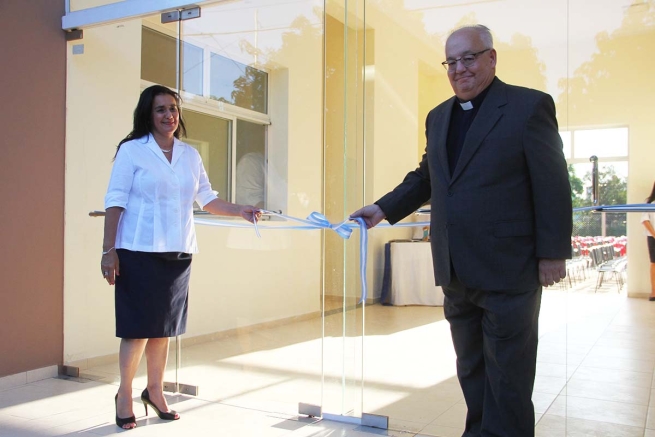ARGENTINA: Don Bosco School Celebrates 50 Years of Excellence in Winemaking and Viticulture

(MissionNewswire) The Salesian-run Don Bosco School of winemaking and viticulture in the city of Mendoza in Argentina recently marked its 50th anniversary. Founded in 1965 in the heart of Argentina’s wine country, the world-renowned school has consistently maintained high standards in the science and art of winemaking.
Started by Father Francisco Oreglia, a Salesian priest, the Don Bosco School was the first institution of its kind in Latin America and has since become a leader in agro-industrial development both regionally and nationally. Salesian missionaries teaching at the school have witnessed tremendous growth in the winemaking industry throughout the years and today the main Argentinean wineries and agro-industrial establishments rely on the school for its production facilities. Declared “A Provincial Heritage of Tourist Interest”, the Don Bosco School is recognized as the birthplace of winemaking in Argentina.
Originally, the Don Bosco School was developed out of necessity to meet the needs of the local winemakers and fruit growers of the time who required fuller and more mature fruits and winemaking expertise. Farming and winemaking was the backbone of the economy of the Cuyo region and the increasing expansion both in terms of volume and quality required trained technical staff who could receive continuing education to enhance their expertise. Students at the school were often poor local youth who might not otherwise have access to education.
“Salesian missionaries have been working in Argentina to provide educational opportunities to poor youth for many years,” says Father Mark Hyde, executive director of Salesian Missions, the U.S. development arm of the Salesians of Don Bosco. “Salesian technical and agricultural programs and other services educate youth and help them learn skills to gain stable employment.”
“Investing in agriculture education in developing countries is also vital to a community’s livelihood and essential not only to overcoming hunger and poverty, but also to ensuring overall economic growth for surrounding villages and cities,” adds Fr. Hyde.
Salesian missionaries operate more than 90 agricultural schools world-wide and 10 agricultural programs in Argentina alone. In addition to agricultural programs in the country, missionaries run primary and secondary schools as well as technical and vocational programs.
“Salesian missionaries are working hard to educate youth in Argentina and provide them a path out of poverty,” says Fr. Hyde. “The academic and technical programs offered show how education and training not only benefit the individual student, but also entire communities as graduates return home and share the skills they have acquired or start up local businesses.”
Although viewed as a relatively wealthy country, Argentina has a poverty rate of just over 26 percent, according to the World Bank. Close to 4.4 million people live below the poverty line and the country’s high school dropout rate is close to 20 percent. Youth account for one in three of those unemployed.
###
Sources:
ANS – Argentina – 50 years of wine-making
World Bank – Argentina




